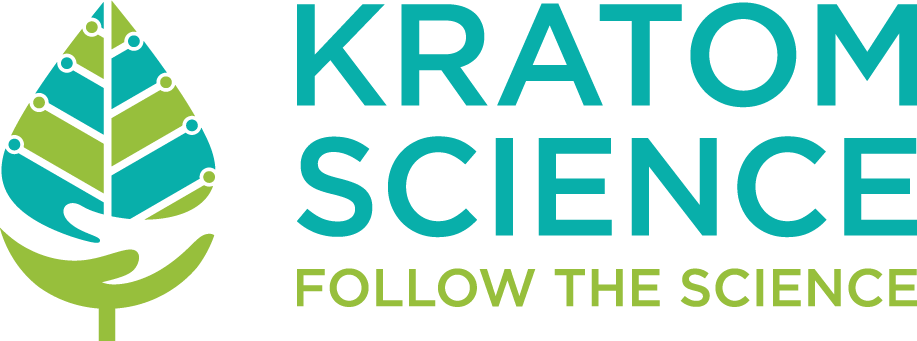Will This Major Change Result In Changes In Cannabis and Kratom Legalization in the Czech Republic?
Two weeks ago, the Czech Government announced that Jindřich Vobořil, the driving force behind its pioneering cannabis legalization project, will be stepping down in August. Vobořil, the Czech Republic’s National Coordinator for Drug Policy and the architect of Europe’s most ambitious cannabis liberalization initiative, will resign but remain an advisor to the government.
Vobořil’s departure, weeks after he highlighted the progress made in cannabis regulation at Cannabis Europa 2024, is seen as a setback by activists. He aimed to regulate addictive substances based on their risks. However, Rational Regulation (RARE), a campaign group of leading cannabis advocates working closely with Vobořil, stated that his new advisory role would actually grant him more freedom and influence over policy.
Vobořil served as the country’s drug coordinator from 2010 to 2018 and was reinstated in February 2022. Under his leadership, two groundbreaking legislative proposals were developed: one to regulate ‘psychomodulating substances’ like HHC, and another to establish a regulated adult-use cannabis market. The latter is the only project within the EU pushing for a commercial cannabis market similar to those in Canada and parts of the US.
Vobořil faced political backlash after commenting on cocaine traces found in the Czech parliament’s toilets, criticizing politicians for indirectly supporting the Russian mafia by using illicit drugs. Despite this controversy, RARE indicated that his resignation had been planned for months due to various pressures, including from industries likely to be affected by his reforms, such as tobacco, alcohol, and pharmaceuticals.

Domestic reports suggest that Vobořil may have been forced to resign due to his push for a regulated cannabis industry. ČTK reported that his departure was influenced by the ruling People’s Party and the head of the ANO opposition movement, Andrej Babiš. Vobořil served as an anti-drug coordinator from 2010 to 2018 and returned to the role in February 2022.
RARE has prepared for Vobořil’s departure to ensure the ongoing regulation plans remain unaffected. With the draft bills submitted to the government, Vobořil’s role became more political, shifting from expert-driven development to political negotiations. In his advisory role, Vobořil will have fewer political responsibilities, allowing him to focus more on advancing drug policy.
Prime Minister Petr Fiala expressed support for Vobořil, valuing his continued expertise in addiction issues. It is understood that no new drug coordinator will be appointed, and Vobořil’s work will proceed largely unchanged.
In his resignation statement, Vobořil cited pressure from powerful lobbyists and political parties, especially those representing industries like tobacco, alcohol, and pharmaceuticals, which could suffer from his reforms. Despite facing numerous threats and unfair tactics, Vobořil remains committed to pushing forward with drug policy changes without fear.
RARE’s Lukáš Hurt highlighted the significant opposition from industries with substantial financial interests in addiction issues, making Vobořil’s position particularly challenging. Nonetheless, the drug reform movement in the Czech Republic remains resilient, with Vobořil continuing to symbolize change and progress.



